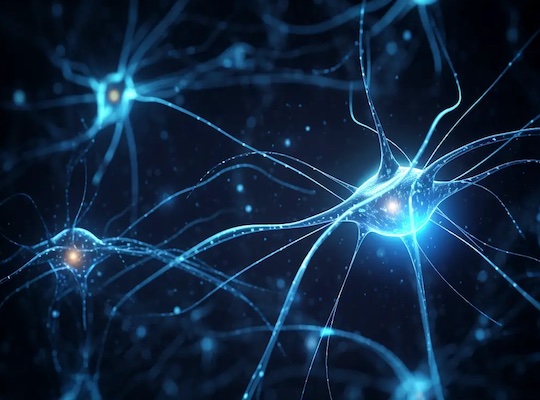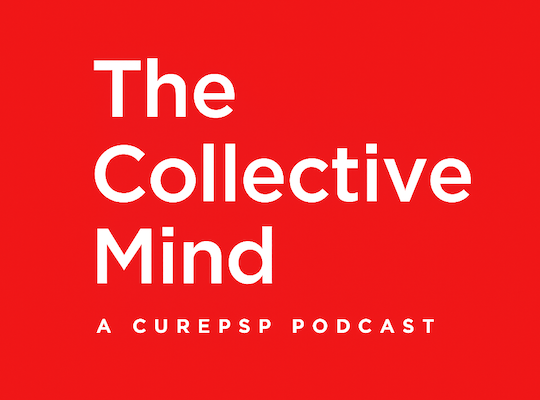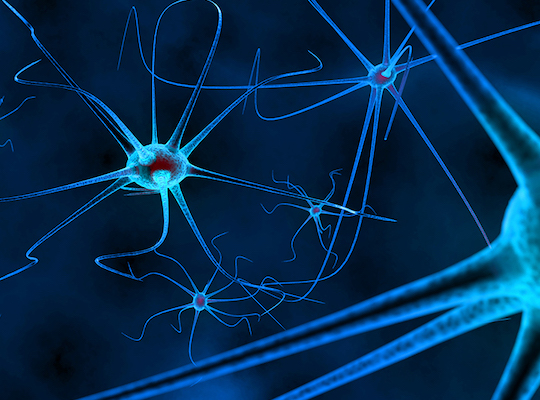CurePSP Awards the First Jim Atwood Neuroscience Student Fellowship Grants, Continuing Jim Atwood’s Love for Undergraduate Research
Jul 15, 2024 Oscar Sullivan
CurePSP has announced the recipients of the inaugural Jim Atwood Neuroscience Student Fellowship dedicated to projects that will uncover mysteries related to progressive supranuclear palsy (PSP) or corticobasal degeneration (CBD), and lay the foundation for future studies. The fellowship is an exciting new program sponsored by the Atwood family that will further the scope of research in the rare disease field, supporting undergraduate student summer research projects focused on PSP or CBD. The fellowship aims to encourage undergraduate students to pursue research in the field to make PSP and CBD a long-term area of research interest and to further awareness and our understanding of these diseases.
The Atwood family is thrilled to sponsor this program and continue the legacy of Dr. D. James (Jim) Atwood, an undergraduate professor for 42 years who passed away from PSP in 2023. Kris Atwood, Jim’s wife, looks forward to increasing undergraduate interest in these rare diseases, a field that Jim poured his heart into for decades. The fellowship will offer invaluable exposure to undergraduates they can take with them through their careers.
“Jim’s lifelong love of undergraduate learning led us to form his endowed fellowship at CurePSP. We aim to forge a path for students to engage in meaningful research and gain early exposure to this specific neuroscience field for undergraduate pre-med students,” Kris Atwood said. “Jim would be terrifically pleased with the selection of these two inaugural research scholars and their exemplary proposals.”
Learn more about the inaugural recipients’ projects below:
Exploring the Impact of Tau Isoforms on Mitochondrial Function: Implications for 4R tauopathies such as PSP and CBD
Ainara Martin-Mugarza, a researcher working within Dr. Carolina Alquezar’s laboratory at the Neurodegenerative Diseases Group at the Research Institute of the Hospital 12 de Octubre in Madrid, Spain, seeks to understand what sets PSP and CBD apart from other tauopathies. PSP and CBD accumulate 4R isoforms of the tau protein, whereas in other tauopathies patients accumulate the 3R isoform (i.e. Pick's disease) or both 3R:4R (FTLD-Tau). Mitochondrial dysfunction emerges as a crucial mechanism in neurodegeneration, however, the specific impact of each tau isoform on regulating mitochondrial function is still unknown. Martin-Mugarza hypothesizes that each tau isoform exerts a distinct impact on mitochondria function, implying that 4R tauopathies like PSP or CBD would have distinct disease mechanisms compared to tauopathies accumulating 3R tau isoforms. She hopes that by identifying differences in mitochondrial function they will learn more about the development of PSP and CBD.
“Enhancing the understanding of the molecular mechanisms altered in tauopathies allows us to unravel the etiopathogenesis of the disease and contributes to a broader comprehension of the processes through which tau accumulation induces neurodegeneration,” Martin-Mugarza said.
In Vitro Biophysical Screen for Inhibitors of Proteins Implicated in PSP
Haoyuan Li, a student working within Dr. Joseph Rayman’s lab at Columbia University Irving Medical Center, will explore other disease-linked proteins that have received comparably less attention than the tau protein. They propose to identify compounds that interact with newly identified PSP-associated proteins, which include DDR2, STX6, STOM, KANK2 and others. They will be focusing on disease-linked proteins that are relatively simple to manipulate experimentally. Active compounds that they identify may be useful as probes to study the function of PSP-associated proteins, and may also support the development of novel drugs for treating PSP and other primary tauopathies.
Applications for next year’s grants will open in the fall. Learn more here and consider making a donation to support CurePSP’s Student Fellowships. Your contribution can make a significant difference in the fight against neurodegenerative diseases.
Join our email list
Get the latest news and resources
directly to your inbox.
Get the latest news and resources directly to your inbox.
Sign Up



